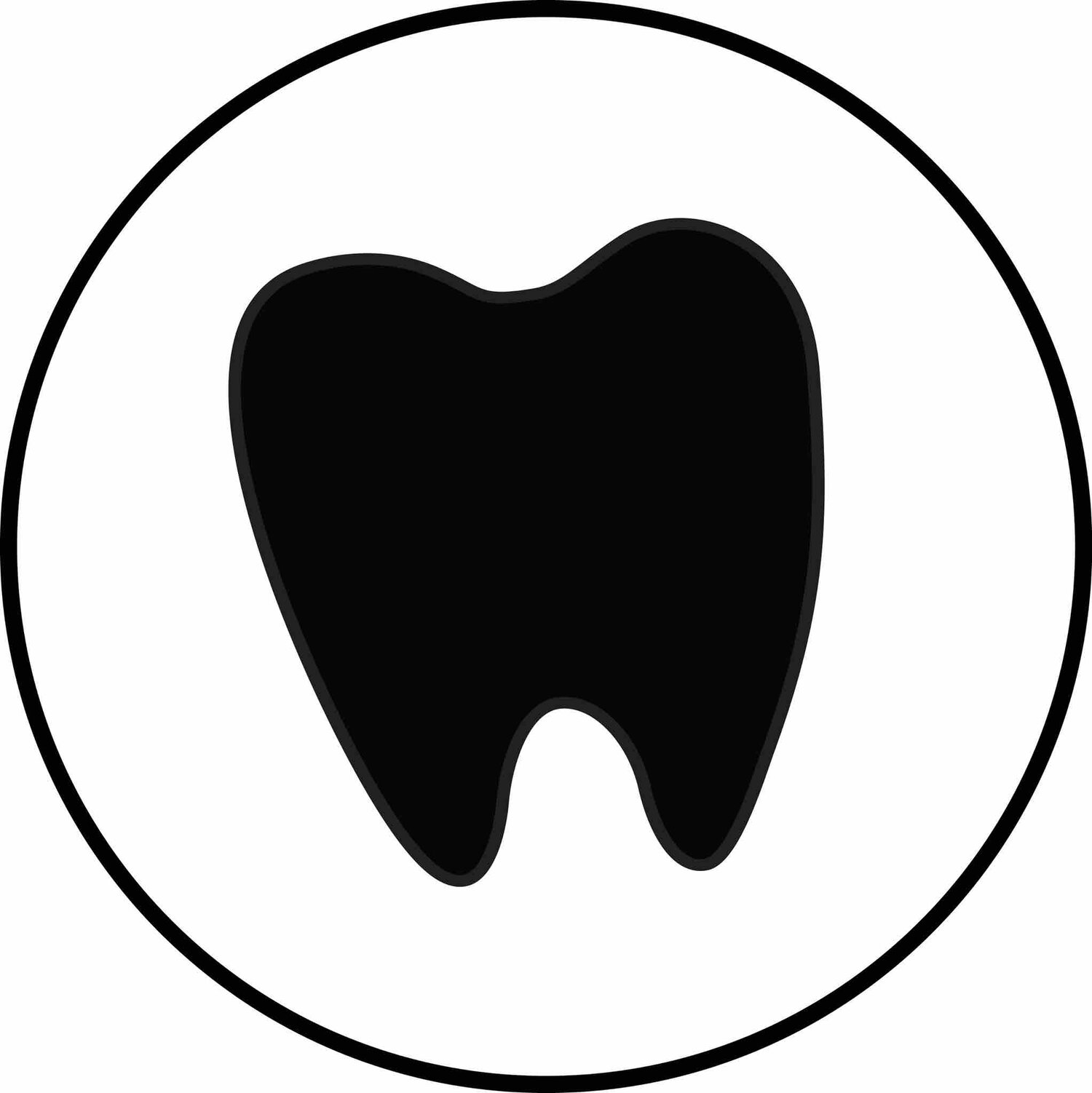Sharpening Stone 101- Part 1
Ever opened your dental supply catalog and peeked at all the different sharpening stones? There are hundreds of combinations of sizes, styles, amount of abrasiveness, and price. Here on Hygiene Edge, we are breaking down this daunting task of getting a new stone to every day language.
Different Stones
Arkansas Stone- This is a natural abrasive stone that has been used since dental hygiene was invented 100 years ago. It was one of the best for dental instruments for years due to how fine the abrasive powder particle size is. It’s perfect to have such a fine grit because our instruments are so tiny. They also require some sort of lubrication while sharpening.
Ceramic- These stones are made of artificial materials. Since they are man made, they are “newer” on the market compared to the Arkansas stone. They do not require oil or water during sharpening, but it’s a good idea to soak your stone first to easily clean off shavings that accumulate.
India Stone-This stone has a large abrasiveness, which means it will take away more of your dental instrument then other stones. It is perfect for deburring or fixing the shape of an instrument. They are usually orange or brown and are more course than an Arkansas. If you do have an extremely dull instrument, start with India and then finish with Arkansas or Ceramic.
Oiling- Yes or No?
Using oil for lubrication on your sharpening stone tends to be an older technique as it has been used with traditional sharpening stones. Most stones that are used today do not require oil since most people buy ceramic stones. There are several disadvantages to using oil. First, it tends to make the stone very slippery which is great and dissipating heat, but makes sharpening go a lot slower since the instrument can just slide right over the stone. It also can suspend metal shavings from the instrument and cause scratches and defects in your instrument as you sharpen. It also can cause problems with infection control due to handling the oil container if you are sharpening instruments in the middle of an appointment and can make clean up a bit more messy.
Water-Yes or No?
Instead of using oil, water is the most common form of lubrication. Though man made stones don’t require water as a lubricant, it can prevent silver marks forming on your stone and therefore makes clean up easier.
This is part 1 of Sharpening 101. Next week, we'll discuss sharpening stone shapes, other methods to sharpen hygiene instruments and how to sharpen files!
Have any sharpening questions? Let us know in the comments!


